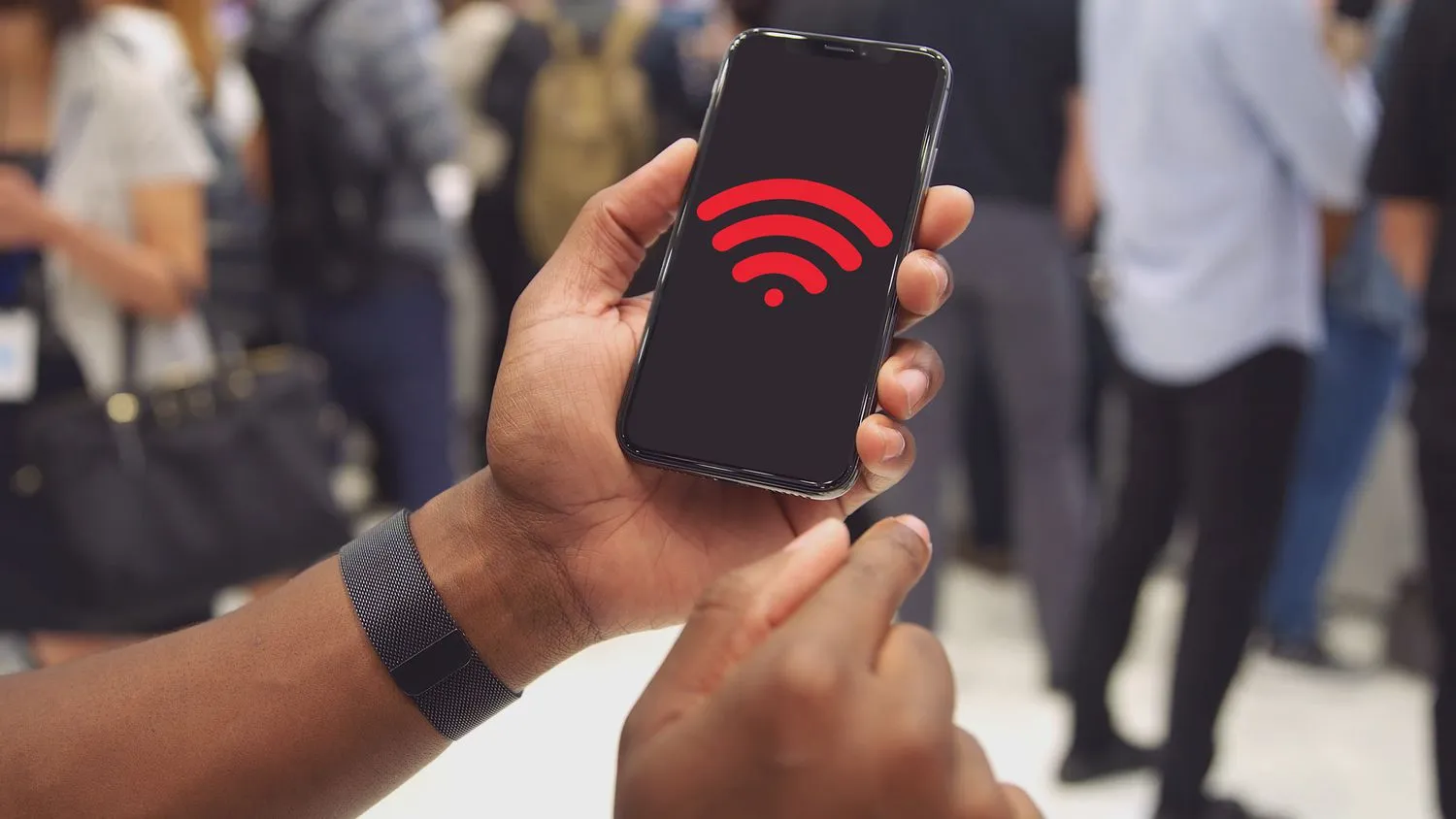Should You Turn Off WiFi Before Sleep? Health Effects Explained (2025)
“What’s your WiFi password?” has become the first question guests ask when entering any home today. This shows how deeply WiFi has integrated into our daily lives. From homes and offices to schools, restaurants, and public parks, WiFi networks are everywhere.
The WiFi Alliance states that “WiFi” doesn’t actually stand for “Wireless Fidelity” – the term has no specific meaning. Simply put, WiFi is technology that connects you to the internet without wires or cables.
Current research shows mixed results about WiFi health effects. While no conclusive evidence proves WiFi causes serious health problems, electromagnetic field exposure is unavoidable given our frequent contact with wave-emitting devices.
The precautionary approach suggests limiting unnecessary exposure, especially during sleep when your body repairs itself. Turning off WiFi before bed may improve sleep quality and reduce potential electromagnetic field exposure.
As research continues, making informed choices about WiFi usage helps balance modern connectivity needs with potential health considerations. The decision ultimately depends on your personal comfort level and specific circumstances.
Understanding WiFi Radiation and Electromagnetic Fields
WiFi devices emit radiofrequency electromagnetic fields (RF-EMF), though they contribute little to total RF-EMF exposure in our daily environment. Your brain uses electrical impulses to function, and WiFi devices also use electromagnetic fields.
Dr. Divya Jyoti, a neurosurgery consultant at Delhi’s Yashodha Medi City, explains that while brain impulses are electrical and WiFi uses electromagnetic fields, no definitive scientific proof exists yet about specific health impacts. However, she notes it’s logically possible these fields could interfere with brain impulses.
Recent Research on WiFi and Sleep Quality
A recent study found that exposure to radiation from Wi-Fi-enabled devices increased brain activity during non-REM sleep, disrupting normal sleep patterns. The research was conducted in participants’ homes under real-world conditions.
Population surveys in Europe reported that sleep disturbances were the most common health complaints attributed to RF-EMF exposure. However, most studies on radiofrequency electromagnetic field exposures during sleep focus on digital devices rather than WiFi specifically.
What Are Brain Impulses?
Brain impulses are electrochemical signals that help neurons exchange information. These neural impulses are also called “action potentials.” When sensory nerves carry these impulses to the brain, our senses like touch, taste, smell, and sight function properly.
Health Effects: Current Scientific Understanding
Some studies show WiFi may cause oxidative stress, neuropsychiatric effects including EEG changes, and cellular damage. Commonly reported changes include sleep disturbance, headache, and depression symptoms.
However, most research indicates that while high-dose RF exposure in laboratory settings could alter brain activity, real-world WiFi levels are unlikely to cause significant sleep disruptions.
Should You Turn Off WiFi Before Sleep?
While definitive proof is lacking, several factors support turning off WiFi at night:
Potential Benefits:
- Reduced electromagnetic field exposure during sleep
- Better sleep environment
- Lower electricity consumption
- Protection from potential long-term effects
Practical Considerations:
- Most people work late on computers or use smartphones
- Smart home devices may need constant connection
- Automatic updates and backups often occur overnight
Expert Recommendations for Better Sleep
Health experts suggest these practical steps:
- Create distance – Keep WiFi routers away from bedrooms
- Use airplane mode – Turn off device WiFi at night
- Set schedules – Use router timers to automatically turn off WiFi
- Minimize exposure – Avoid using devices right before bed







